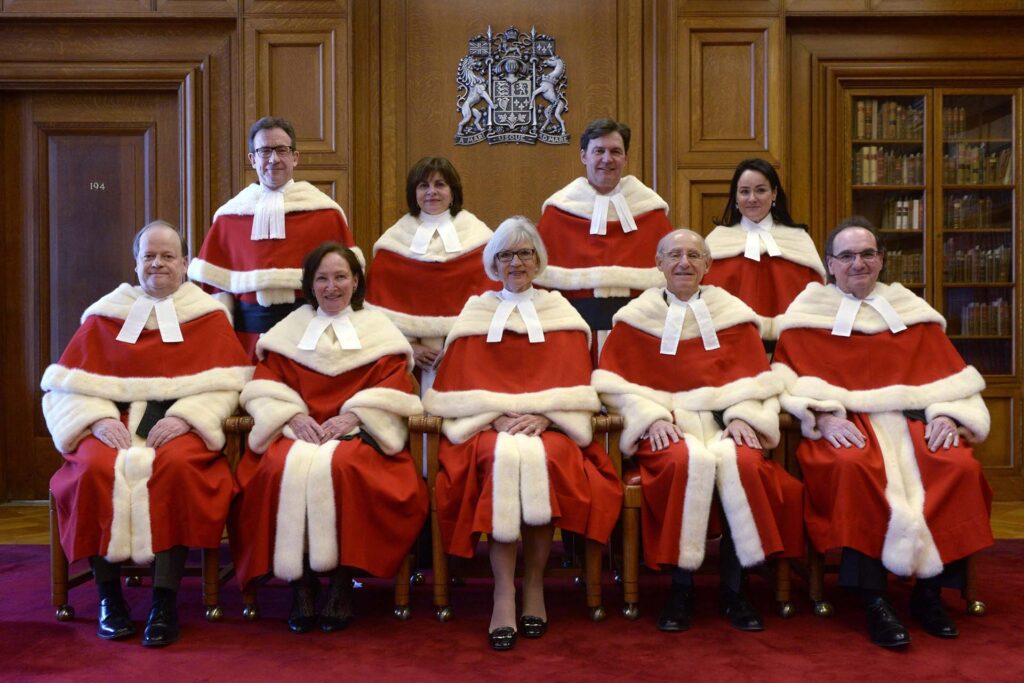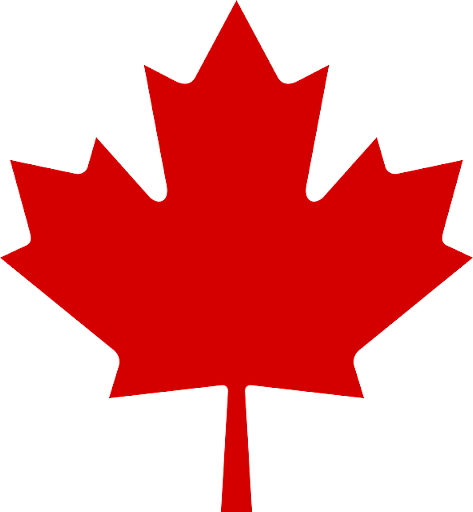It is not out of the ordinary that Canada’s oldest speaking club of record should get the leaders of our great national institutions, so many people were surprised when Chief Justice Boris Laskin came to the Empire Club on March 12th, 1981, and was introduced as the first Chief Justice to ever stand at our podium. After all, every Prime Minister since Sir Robert Borden had spoken to the Club, so why did it take so long for the Supreme Court to want to speak? The answer may reside in the legendary discretion of those who have held the position, but Mr. Laskin was not going to abide by that thinking as he had an important message that he wanted to get out to Canadians, namely that the Supreme Court, the highest Court of the land and the final court of appeals in the Canadian justice system, who’s decisions are the ultimate expression and application of Canadian law, was basically unknown and completely misunderstood by the population it served. To make things even more serious, and what had really pushed Mr. Laskin to want to address the public, was that he was seeing this lack of understanding on what the role of the Court extended right into Parliament. In that 1981 address entitled “What everyone should know about the Supreme Court of Canada”, he tackled this issue head-on:
“What was dismaying to me as I watched and read about the constitutional proceedings that took place last year was the total misconception that so many ministers and first ministers had about the Supreme Court. They treated it in political terms and, fallaciously, regarded it as a federal institution on a par with the Senate. Let me say, as forcibly as I can, that the Supreme Court of Canada is not a federal institution; it is a national institution and its members are under no federal allegiance merely because they are federally appointed. Just as there is no federal allegiance, there is no regional allegiance and no political allegiance.”
Our guest this week has also faced those suffering from amnesia, or perhaps it was authentic ignorance, on the role of the Supreme Court as it relates to Parliament, and she earned the deep respect of all Canadians by standing tough and reminding her transgressors of that fundamental truth that Chief Justice Laskin stated in 1981, that the Supreme Court is not a federal but a national institution, and that while the checks and balances regulating it can be debated, what must stand at the center of its integrity and efficacy is that the Government of Canada does not control its decisions nor direct it on how to rule on the complex issues that come before it, many that are at the very center of how we live our lives in this country. We looked at one such issue only a few weeks ago at this very podium, namely the right to assisted dying.
This is the third time that Chief Justice Beverley McLachlin, the first woman to occupy her role, has visited our Club. Her first address was in 2001 and dealt with “Good Justice: A Global Commodity.” She returned in 2007 and spoke about “Justice in the Courts and the Challenges we face”, a speech that contained a reference to our incumbent Prime Minister’s father and his call to build a “just society”:
“(…) Pierre Elliott Trudeau, challenged Canadians to build what he called the just society. In the ensuing years, thousands of Canadians have worked to establish their visions of a just society. The centerpiece of Prime Minister Trudeau’s vision of a just society was, as we all know, the Charter of Rights and Freedoms, which was adopted in 1982 and whose 25th anniversary we will be celebrating this April.
But whatever our political persuasion or our particular conception of justice, there can be no doubt that Canadians today expect a just society. They expect just laws and practices and they expect justice in their courts.”
It was a seminal moment at the Empire Club, and why we wanted to invite the Chief Justice back this year to kick off the Empire Club’s celebrations around Canada’s 150th birthday. As we all get ready for the many special events and celebrations that will occur in 2017, we cannot forget that what makes Canada truly great and a model of democracy around the world is this just society that Trudeau Senior called us to build, a project that certainly seems to have been taken up by his son. And what is at the center of a just society? Could it be the laws that protect us and give us rights? Could this, in fact, be at the very core of our vibrant democracy? Chief Justice Beverley McLachlin will certainly listen to this week as she examines “Canada’s legal system at 150: Fostering Canadian democracy through an independent judiciary”. As we saw recently, this independence must still be fought for from time to time, and it is a fight worth winning as it is a fundamental building block of the great democracy we have built north of the 49th parallel.


